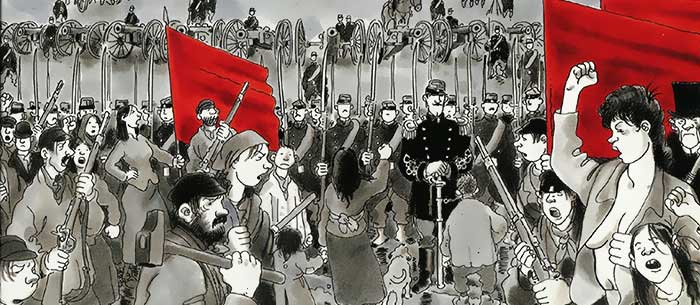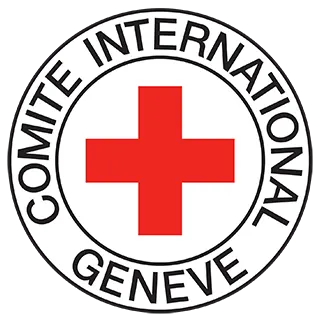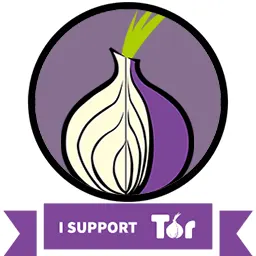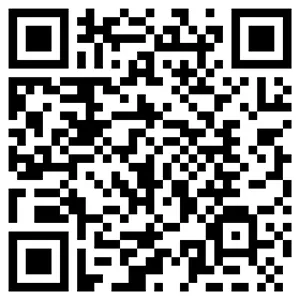
Home Anonymous Operations Ideas are bulletproof The “Tarnac group” - ’French anarchist’ cell faces trial
Saturday 17 March 2018
français >
Ten years after their arrests in a politically charged case that prompted accusations of police overreach, Julien Coupat, Yildune Lévy, Elsa Hauck, Bertrand Deveaud, Christophe Becker, Manon Glibert, Benjamin Rosoux and Mathieu Burnel goes on trial in Paris.
The “Tarnac group” had been under surveillance since Julien Coupat and Yildune Lévy participated in a meeting with alleged anarchists in New York in January 2008. The group, named after the village of the same name in the Corrèze, in south-west France, was made up of mostly well-educated young people. They were rounded up in a televised police raid on November 11, 2008, a few days after steel rods were placed on overhead power cables on three TGV lines, stranding some 20,000 passengers as more than 100 trains were cancelled.
The eight accused, who deny the charge, claim politicians manipulated the police and legal system to portray them as dangerous, ultra-left anarchists with terrorist links.
Defence lawyers claim politicians put pressure on investigators, some of whom allegedly infiltrated the group, to come up with information confirming it was terrorist-linked, in order to show they were being tough on crime. They say it was a “political, police, legal and media fiction”.
Media reports later claimed a British police spy, Mark Kennedy, had infiltrated the group, telling his French colleagues of Julien Coupat’s supposed contacts with far-left figures in Germany, Italy and Greece.
Kennedy, who later made headlines in Britain when he was unmasked as an undercover cop spying on environmentalists, reported that Coupat participated in violent anti-globalisation protests against international summit meetings.
The prosecution says reports from undercover agents inside the “Tarnac group” suggested it had crossed the line from ideas of anarchy to actual sabotage.
Investigators also relied heavily on passages from a 2007 book attributed to Julien Coupat, “The Coming Insurrection”, which they said showed his group had tipped over from radical anarchist politics into terrorism. But Julien Coupat refused to confirm he was the author, and said police had faked a report claiming to prove he and Yildune Lévy were at Dhuisy, a town where one of the steel rods was put on a TGV power line on the night of November 7, 2008.
Trial in Paris - 13 to 30 march.
Julien Coupat, 43, and Yildune Lévy, 34, stand accused of criminal conspiracy, along with Elsa Hauck, 33, and Bertrand Deveaud, 31.
Two of their comrades, Christophe Becker, 41, and Marion Glibert, 34, are charged with forgery or receiving stolen documents, and Benjamin Rosous, 39, and Mathieu Burnel, 36, are charged with refusing to give DNA samples, a charve four of the other accused also face.
Attached documents
-- The Coming Insurrection - The Invisible Committee [Full Text] (PDF - 213 KiB)











